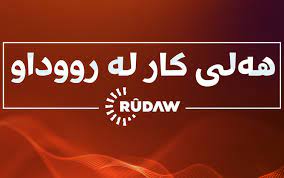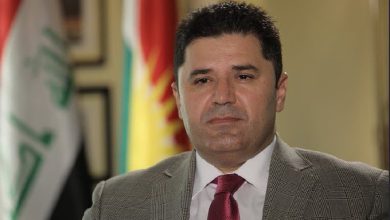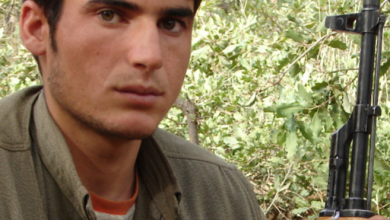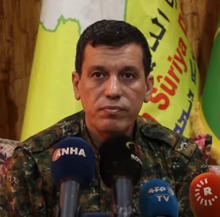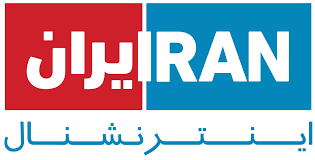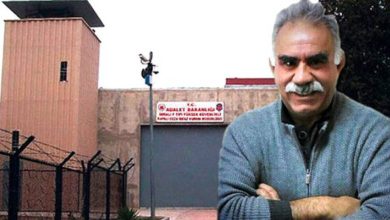The PKK-affiliated Autonomous Administration of North and East Syria on Saturday announced the suspension of Rudaw Media Network’s license to operate in northeastern Syria (Rojava) claiming that the network spreads hate and misinformation. This comes just days after Rudaw’s reporters were attacked by unknown assailants in Qamishli.
“Rudaw Media Network has for a long time now through its outlets spread hate, and has badly portrayed the Autonomous Administration’s institutions,” read a copy of the decision sent to Rudaw, adding that they had previously warned the media outlet twice.
The decision suspends the network’s ability to work in all areas of Rojava, withdrawing the licenses from all Rudaw employees starting Saturday. This comes just days after Rudaw’s crew was attacked by unknown assailants in Qamishli on Wednesday while covering the funeral of 12 members of the Kurdish-led Syrian Democratic Forces (SDF).
Last month, the Rojava administration expelled Rudaw’s team from Hasaka and were not allowed back into the province to continue their coverage of clashes between Islamic State (ISIS) militants and the SDF, as ISIS attempted to break thousands of its affiliates and members out of al-Sina’a prison, known to locals as Ghweran prison.
Rudaw’s teams have previously repeatedly come under attack in Rojava. The network’s office in Qamishli has been attacked six times. A number of the attacks were by the Revolutionary Youth group, which is affiliated to the ruling Democratic Union Party (PYD). The Asayish forces of the Autonomous Administration are yet to hold anyone accountable for the attacks on Rudaw’s offices.
“Rudaw TV operates in Western Kurdistan [Rojava]. The Rojava Revolution is a democratic one, meaning everyone can do their activities. Any media outlet that operates here should serve the revolution. When the youth realize that something is not serving the revolution, they do not attack but warn. Anything here should serve the revolution,” Medya Yusif, an official from the Revolutionary Youth group, told Rudaw’s Viviyan Fettah in January.
Rudaw’s team has also on several occasions been prevented from working and faced detention by the Asayish forces.
Though it is not strange the North East Syria administration is wary of the presence of Rudaw. Rudaw is by no means an independent media organization, but very close to Barzani’s PDK.
In 2016, when 300k documents were leaked to WikiLeaks, a report submerged about Rudaw TV, including some very interesting information: 6 employees of Rudaw were in fact working as agents for the Turkish intelligence agency MIT, both as spies and to plant narratives in one of the largest channels in the Kurdish sector.

